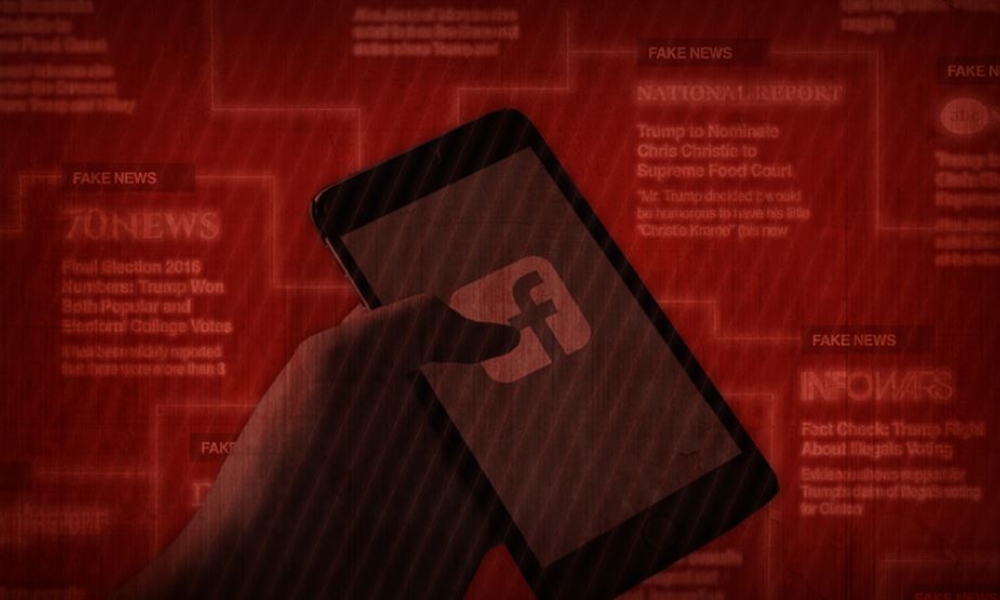Since the 2016 US presidential election, there has been a growing concern against the rise of misinformation. This report looks into the quality and quantity of information flows during the 2018 US midterm election campaign, focusing on two new forms of media – "fake news" and political ads on Facebook. An examination of fake news sites finds there has been a substantial decline in the proportion of Americans who visited fake news sites in 2018 as compared to 2016. The report's data also revealed that exposure to Facebook political ads was limited and relative to a subset of targeted users who frequently used Facebook. In conclusion, the report also provides new evidence of how Americans frequently believe fake and hyper-partisan news and misperceptions promoted by the elites on social media during the campaign.
- Behavioural data from YouGov Pulse panel indicates that fake news exposure fell dramatically from 2016 to 2018. There was an approximate 75% decline in fake news consumption by Americans between the 2016 and 2018 campaigns.
- Facebook played a major role in the spread of misinformation in the 2016 election. It was found that most of the fake news sites visited were immediately preceded by a visit to Facebook. While it still remains an important mechanism for fake news dissemination, its role has now been dramatically reduced.
- There was a substantial amount of paid political advertising on Facebook in 2016. In the second wave of the report's 2018 survey, users' feedback about political ads on their feed was relatively low as compared to 2016.
- While the consumption of fake news sites has declined according to the report's date, there is also an indication that fake news consumption still continues to be concentrated among a small subset of Americans who have very strong ideological preferences.
- This is worrying as these individuals while small in numbers, play an important role in party politics, by sharing such information within their offline and online networks.

